As a developing economy, India has numerous developmental aspirations. How India meets these goals without worsening the climate crisis is at the heart of CSTEP's work. Addressing climate change and enabling a secure and sustainable future for Indian citizens require an overhaul of previous paradigms on development and resource utilisation. This is reflected in our work on developing low-carbon trajectories for development with an emphasis on nature-based solutions.
We are working with state governments across India to build capacity on risk and vulnerability assessments to inform their respective action plans on climate change. The transition from fossil fuels to renewable energy is crucial to achieving a secure and sustainable future. CSTEP's studies explore the possibility of a greater integration of renewables in the energy sector.
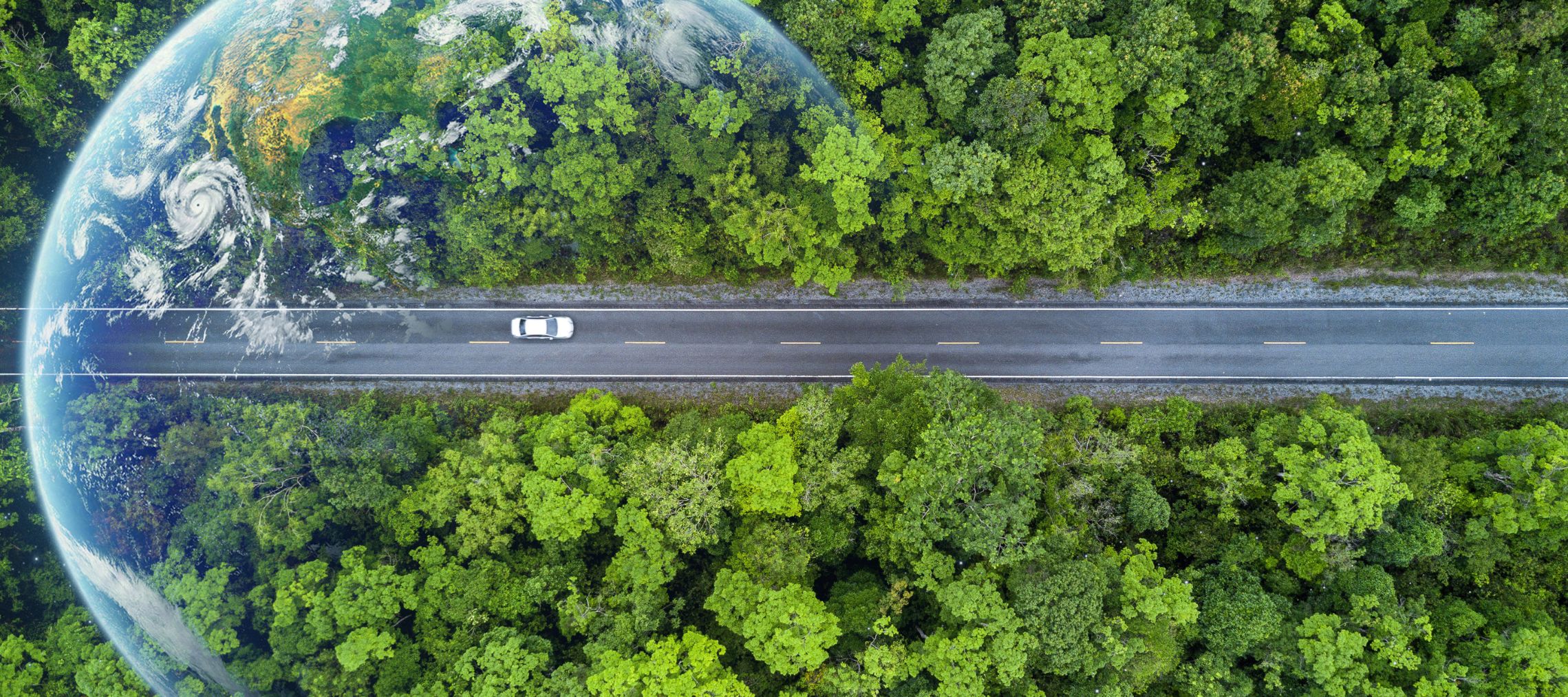
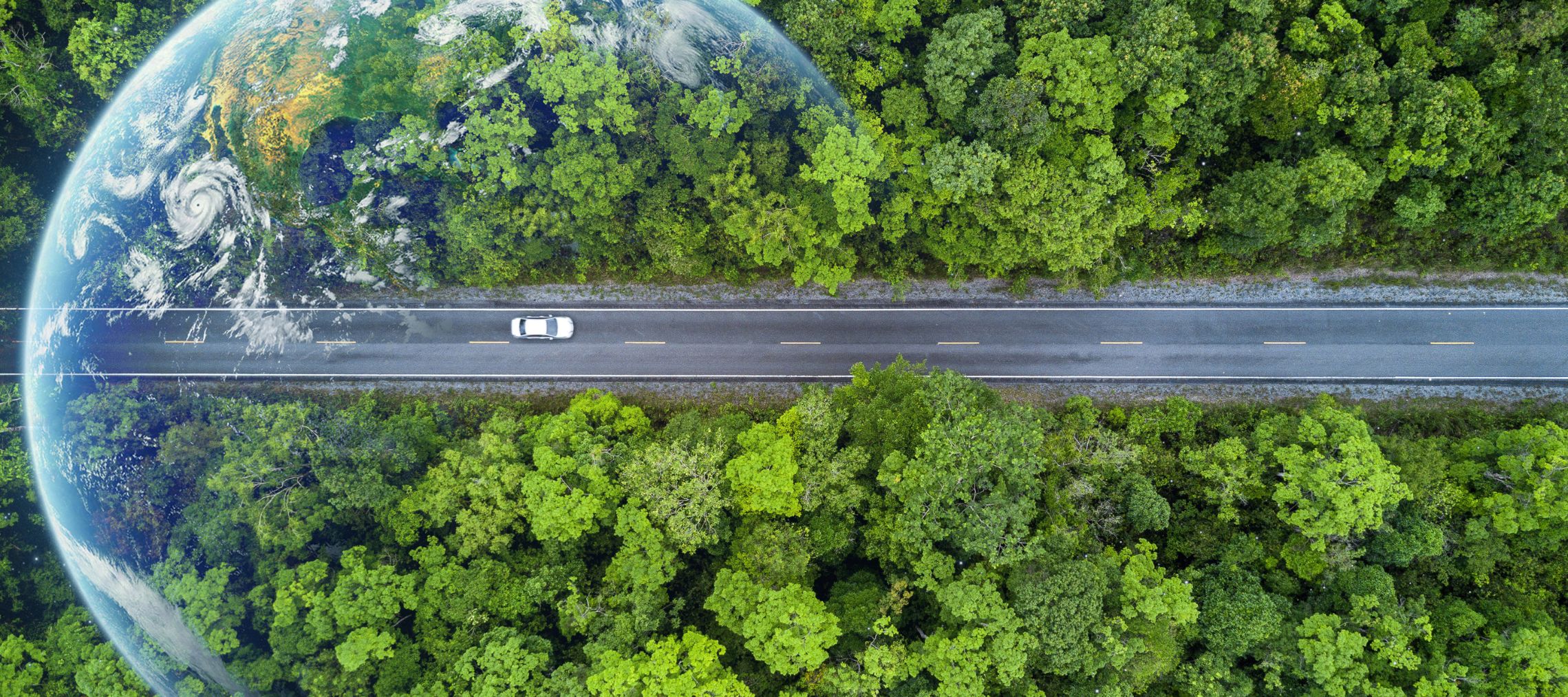
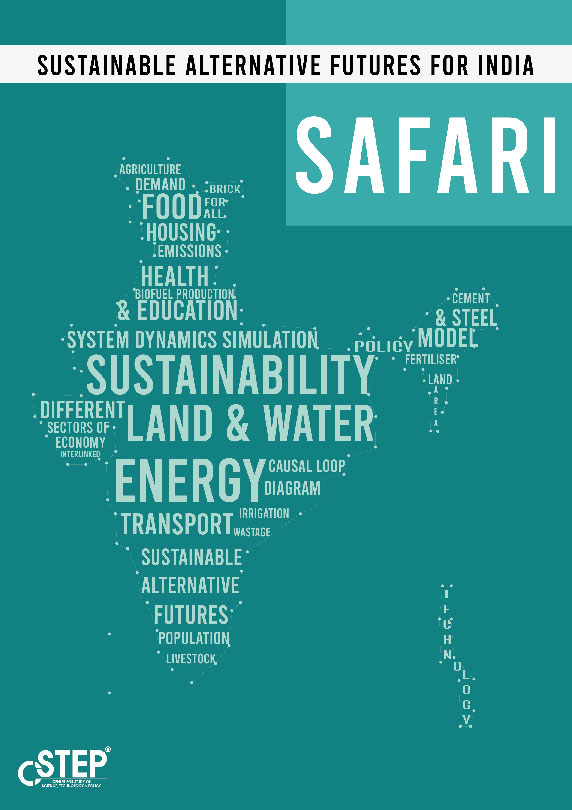
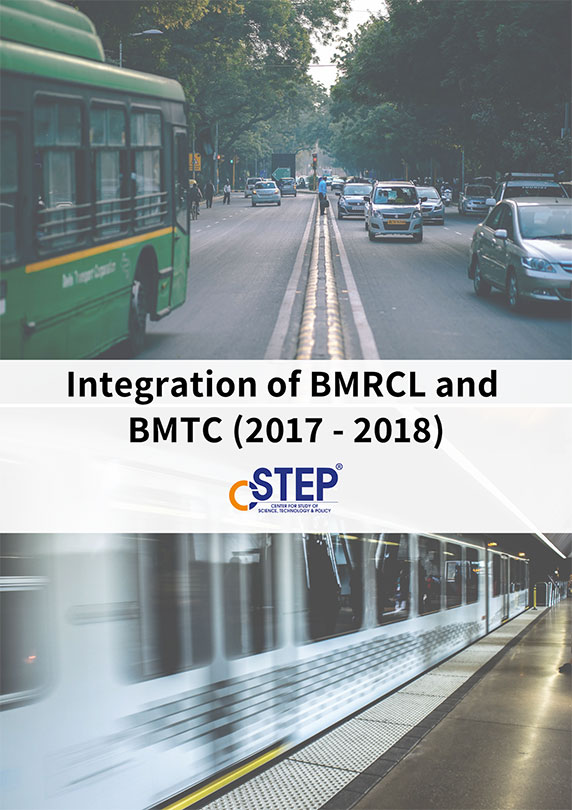
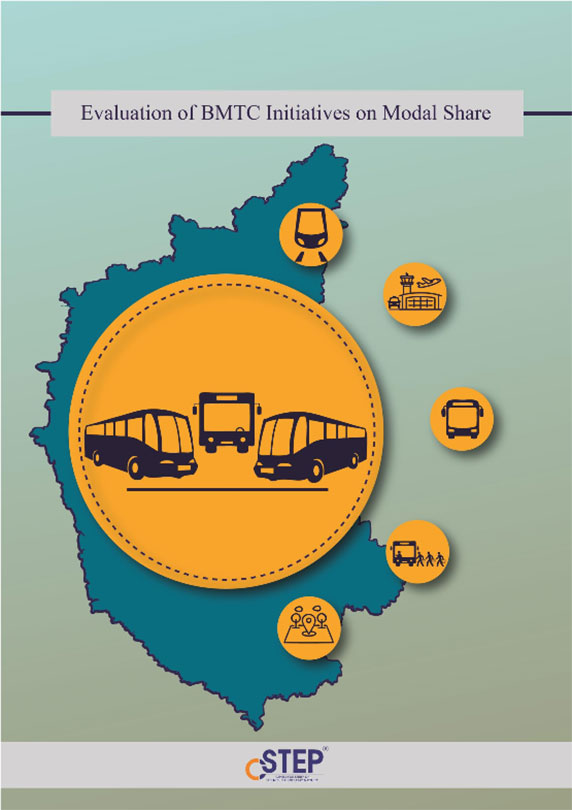
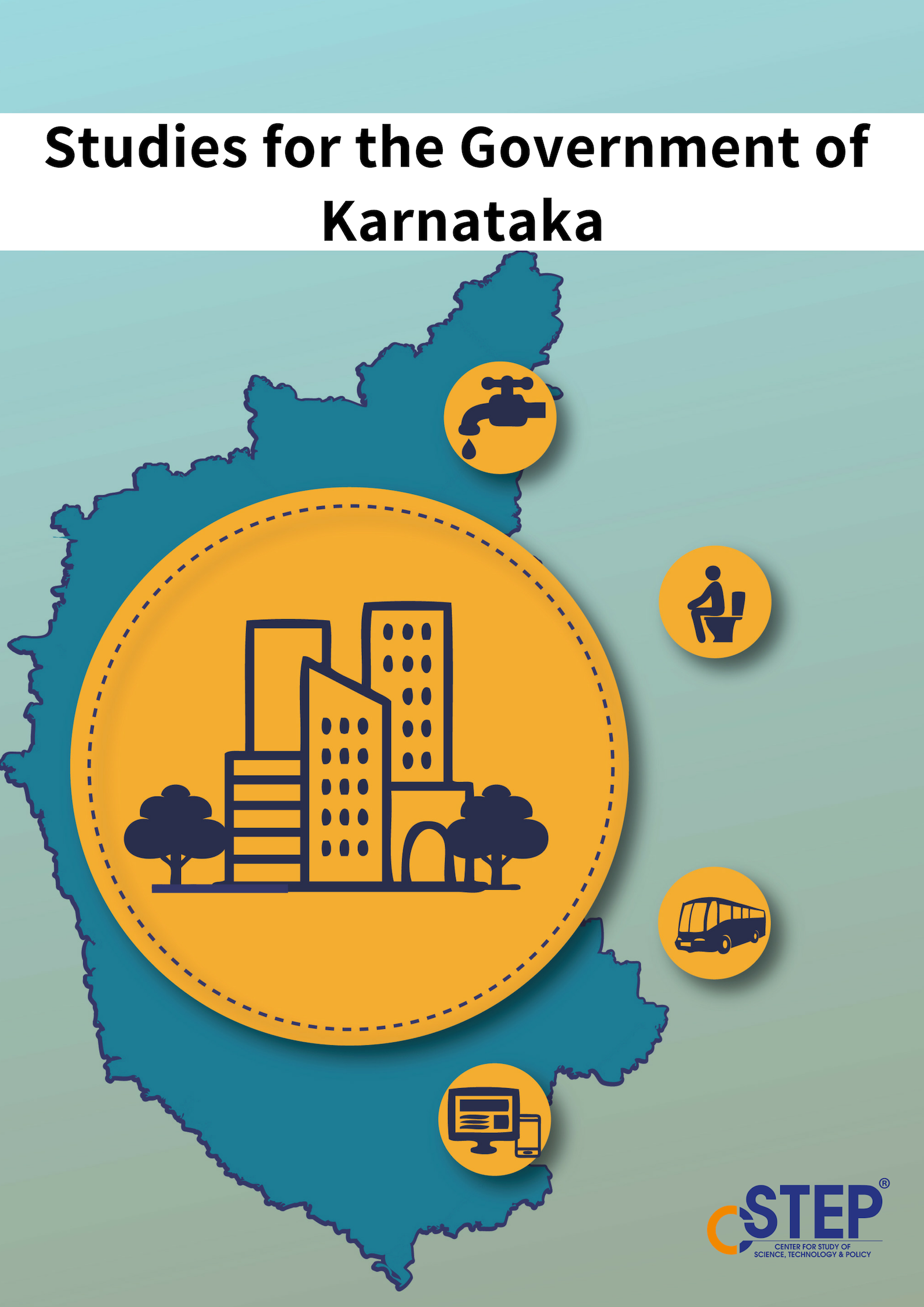

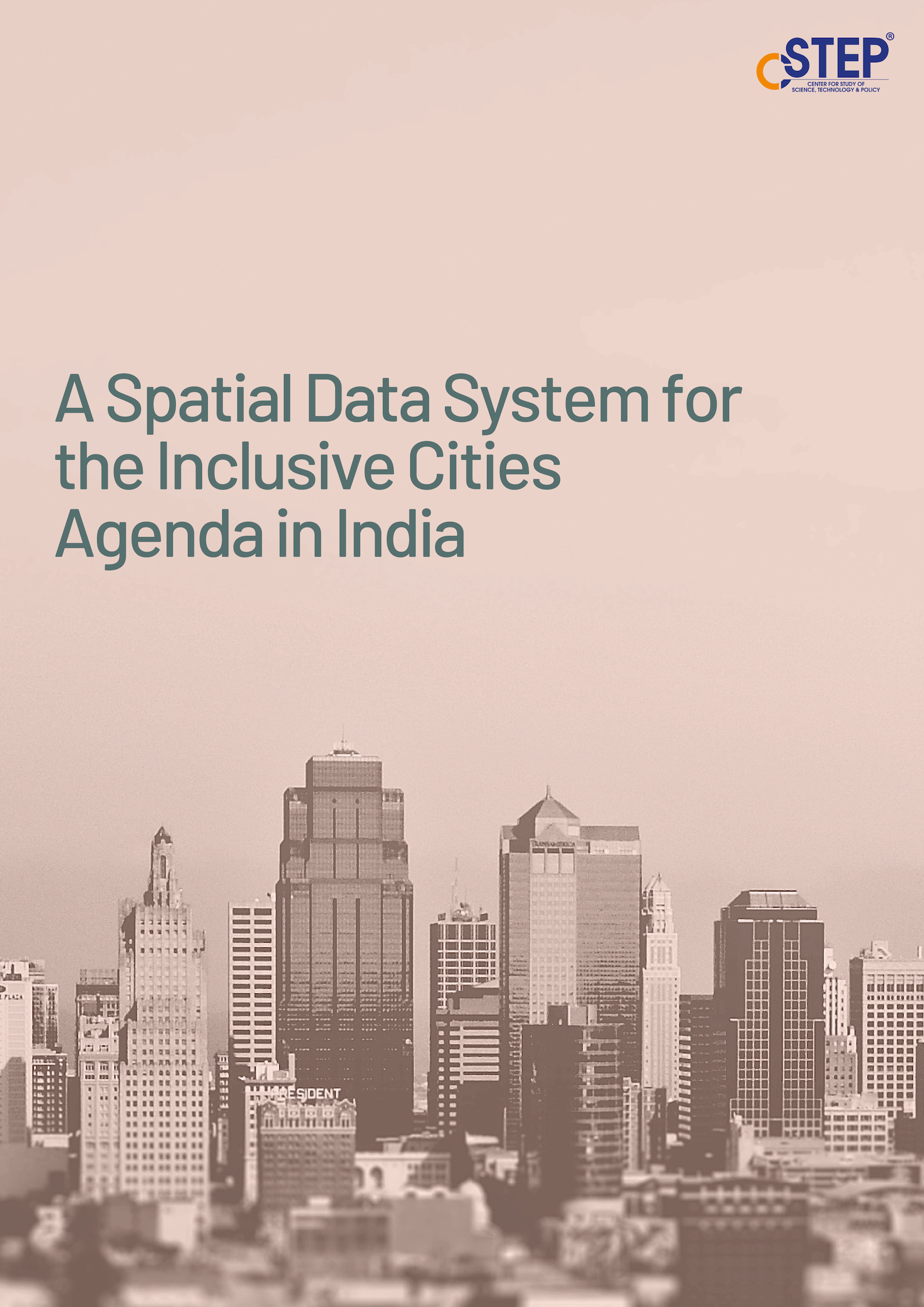
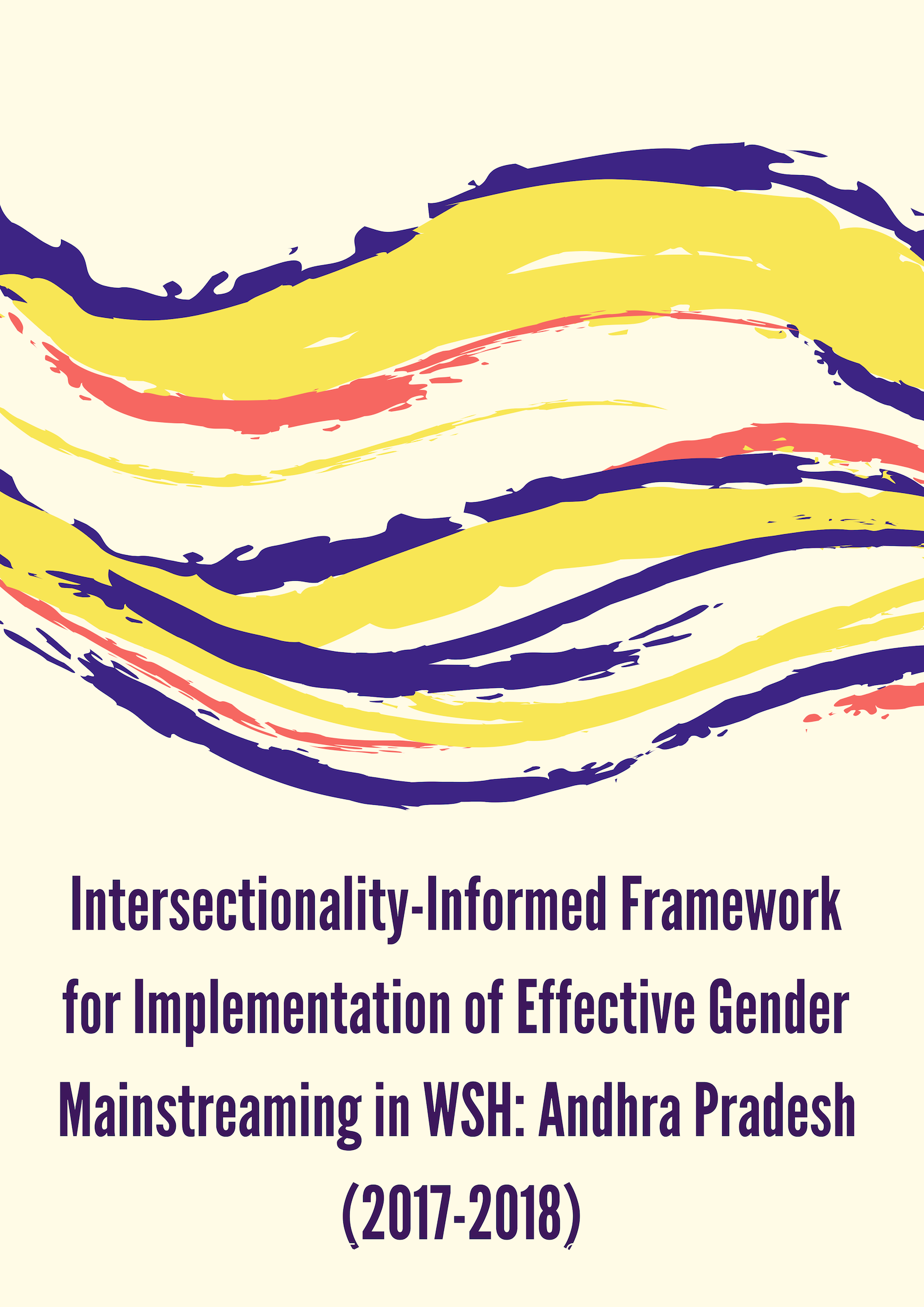
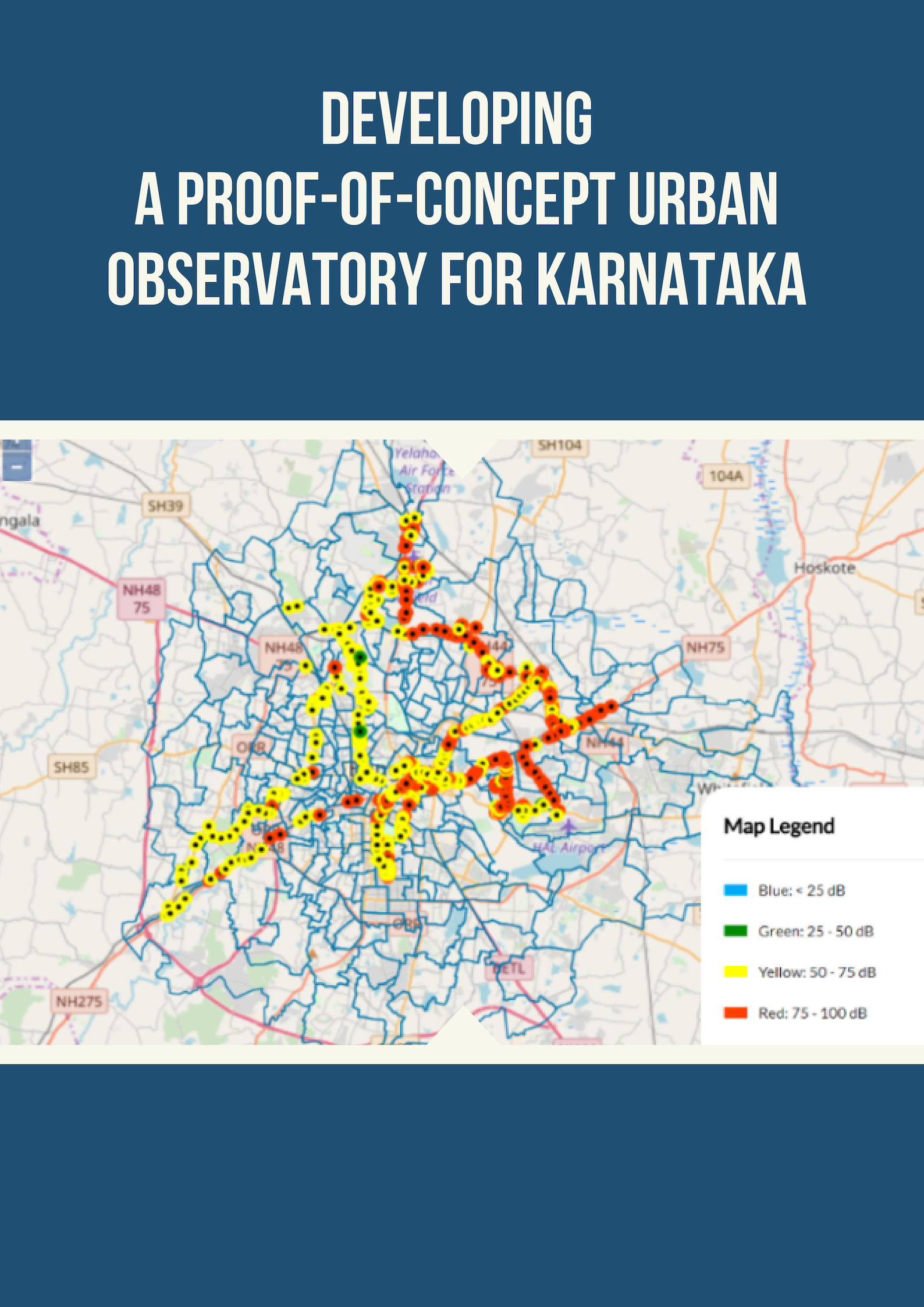
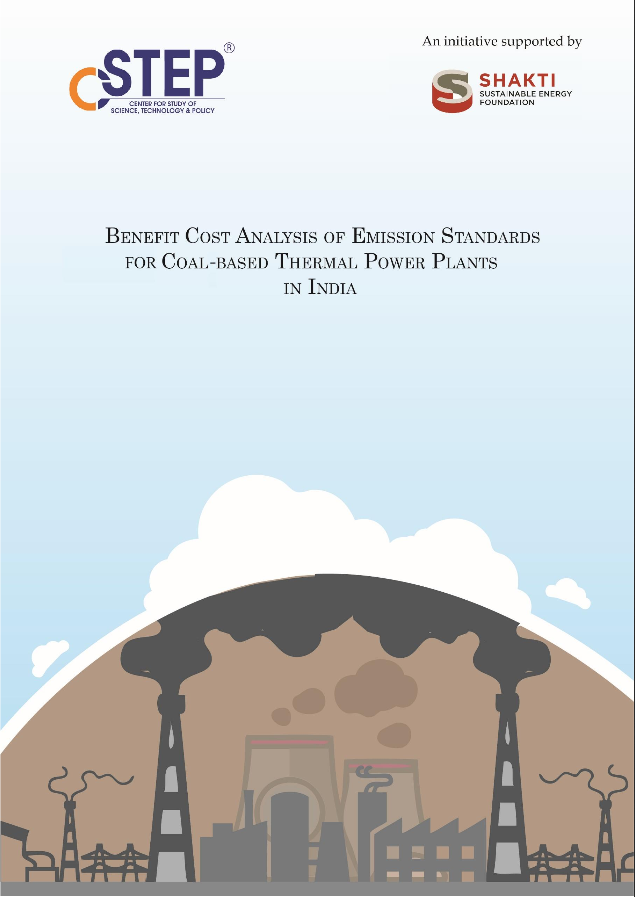


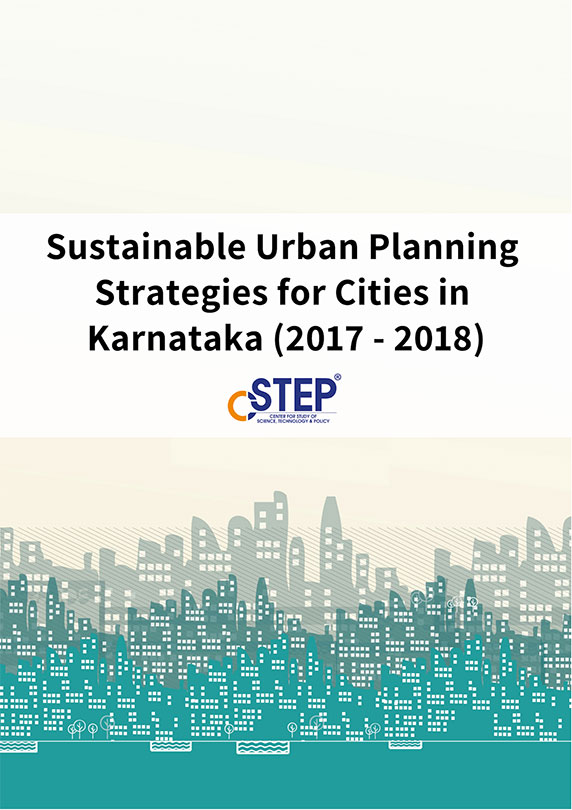




Identification of Polluting Sources for Bengaluru – Source Apportionment Study
The Ministry of Environment, Forest and Climate Change (MoEFCC), Government of India, launched the National Clean Air Programme (NCAP) in 2019, with the aim to improve air-quality levels in non-attainment cities. NCAP has identified 122 non-attainment cities (cities that violate the national ambient air quality standards). Bengaluru, the capital of Karnataka state, is one of the non-attainment cities. In this context, the Karnataka State Pollution Control Board (KSPCB) has put forth action points for reducing the air-pollution levels in the city.
Emission Inventory and Pollution Reduction Strategies for Bengaluru
Growing air pollution poses a serious health risk in India. The National Clean Air Programme (NCAP), was launched by the Ministry of Environment, Forest and Climate Change (MoEFCC) in 2019, with the target to reduce particulate matter concentration level by 20-30% in several non-attainment cities in India. These non-attainment cities do not meet the National Ambient Air Quality Standards (NAAQS). Bengaluru has been identified as one of the non-attainment cities of India under NCAP.
Realising Net-Zero 2070
Post the NDC commitments under the Paris Agreement in 2015, India has been promoting RE, but the increase in non-fossil-fuel-based electricity generation between 2015 and 2020 has been only 3.2%.
AI Can Make Cities Water Secure
AMRUT 2.0, launched by the Indian Prime Minister on 1 October 2021, focuses on making all urban centres in the country water secure. Promoting a circular economy through a ‘City Water Balance Plan’, focusing on recycling and reuse of treated sewage, rejuvenation of water bodies, and water conservation are some of the key goals of this mission.
Looking at Sectoral Interdependencies
Risk, in the context of climate change, is a function of three factors — hazards, exposure, and vulnerability.
Moving Away from False-Positive Climate Risk Assessments
Nine months into 2021, and India, a country with a population of about 1.4 billion has already experienced two devastating cyclones, searing heatwaves, and disastrous floods resulting in the loss of hundreds of lives and destruction of crops and property.
Healing the Ozone Hole
The ozone layer, a fragile shield of gas, lies in the lower portion of the stratosphere, protecting the Earth from the Sun’s harmful UV radiation, making life possible here. Scientists first got concerned over the increasing size of the ozone hole in the early 1980s. In 1987, the UN declared the Montreal Protocol to initiate global efforts to protect the ozone layer from ozone-depleting substances, such as chlorofluorocarbons (CFCs) and hydrochlorofluorocarbons (HCFCs), which were commonly used in refrigerators and air conditioners.
Press Release - CSTEP Study: Western States Set for More High-Intensity Rainfall Events
A new study by the Center for Study of Science, Technology and Policy (CSTEP), a Bangalore-based think tank, emphasises the urgent need to build climate resilience in western India. Titled ‘District-Level Changes in Climate: Historical Climate and Climate Change Projections for the Western States of India,’ the study indicates changes in climate patterns that are likely to occur in the western states of India—Goa, Maharashtra, Gujarat, and Rajasthan—over the next three decades compared to the historical period (1990–2019).
Press Release - CSTEP Study: Madhya Pradesh & Chhattisgarh Set for Very High-intensity Rainfall Events Across All Districts
Changing climate patterns—from warmer summer maximum and winter minimum temperatures to heavier and more frequent rainfall and resulting extreme events—are to be expected across the states in Central India, according to a new study by the Center for Study of Science, Technology and Policy (CSTEP).
